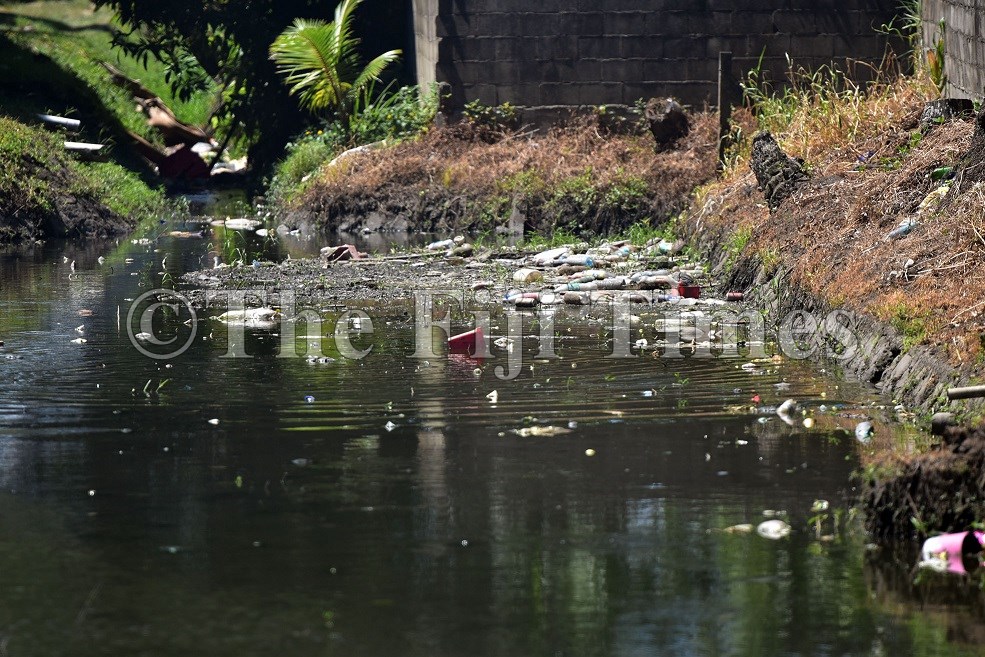THE link between waste management and climate change was discussed during the European Union-funded Pacific Waste Management Programme (PacWastePlus) last month in Nadi.
This, according to a press statement issued by the Secretariat of the Pacific Regional Environment Programme (SPREP).
PacWastePlus conducted an intensive three-day steering committee meeting which acknowledged that waste management was a serious issue of concern for the region, especially hazardous wastes such as e-waste and asbestos, as well as solid wastes, specifically recyclables.
SPREP and participating country delegates confirmed specific country national priorities for waste management project support and highlighted a number of challenges they faced such as strengthening legislation, enhancing awareness and education initiatives, and providing appropriate capacity-building opportunities for the region, among others.
“Despite Pacific countries addressing waste management at the national level, a call for action and assistance was made for additional resources to sustainably and cost-effectively improve management of waste regionally,” said SPREP.
“Participants of the meeting were also reminded of the link between waste management and climate change — both the risks, associated costs, and challenges imposed by climate change as well as the opportunities that good waste management offers in reducing greenhouse gas emissions.”
SPREP said it had commenced discussions with countries on national project investments and delivered activities which would improve data collection and sharing, assess legal frameworks and waste policies, develop structured education and awareness initiatives, enhance private sector engagement, and build capacity to deliver sound environmental waste management practices across the Pacific.
Country delegates acknowledged PacWastePlus provided a timely opportunity for countries to leverage support from the EU and work from other regional projects, as well as the SPREP co-ordinated, Clean Pacific Roundtable, to enhance national actions and implement innovative and well thought new waste management interventions.
Watch video:



